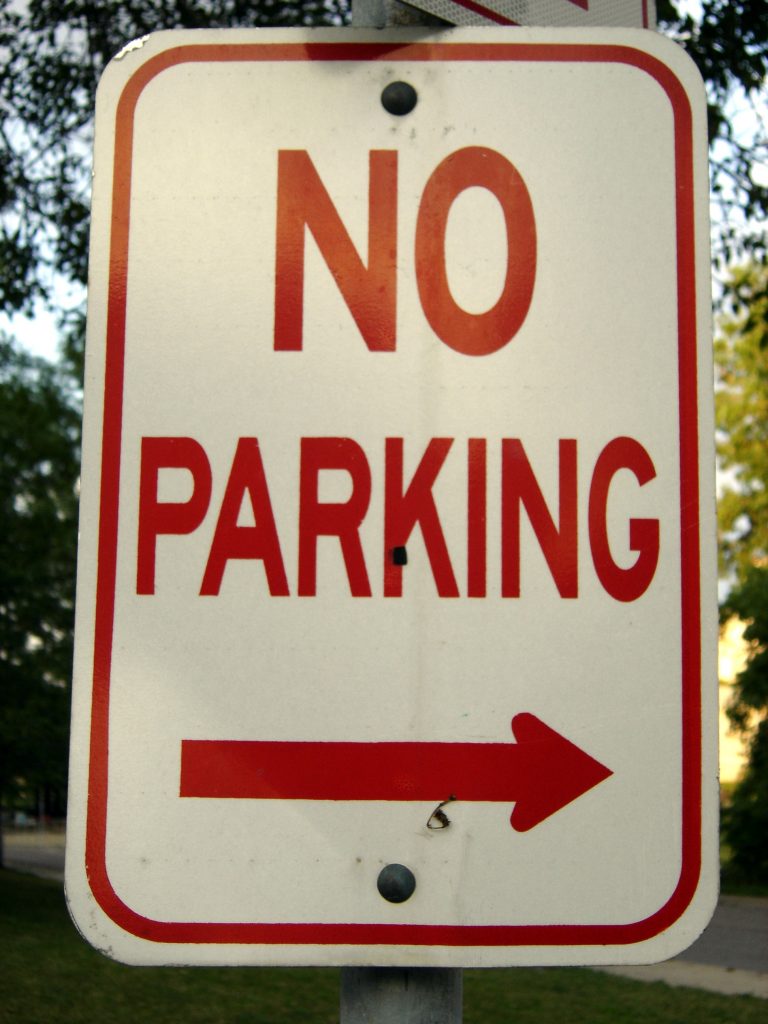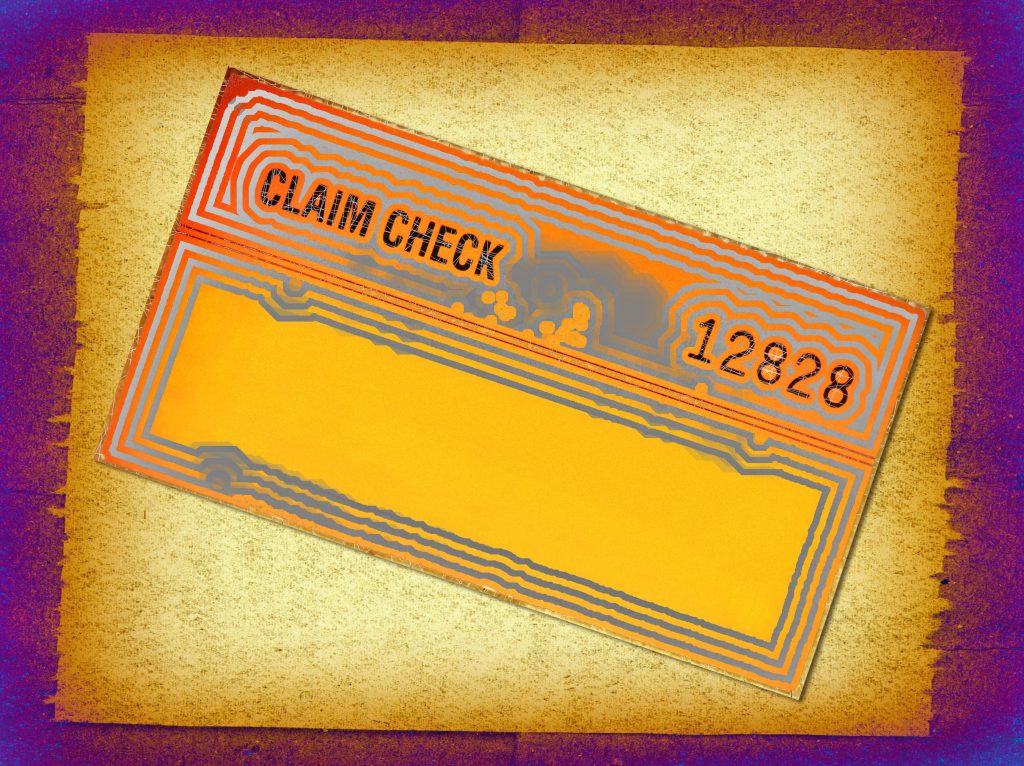 Evidence in a trial can take almost any shape or form. For murder trials, people think of weapons. For fraud cases, perhaps incriminating documents comes to mind. For a personal injury case, the options are almost limitless yet likely “flip flop” is not the first image that pops up; especially in a maritime case. Yet in this case, Garrard Myers makes quite the fuss over the state of his sandals.
Evidence in a trial can take almost any shape or form. For murder trials, people think of weapons. For fraud cases, perhaps incriminating documents comes to mind. For a personal injury case, the options are almost limitless yet likely “flip flop” is not the first image that pops up; especially in a maritime case. Yet in this case, Garrard Myers makes quite the fuss over the state of his sandals.
Mr. Myers was working aboard Hercules Offshore Services, L.L.C.’s (“Hercules”) drilling rig in 2013 when he injured his left ankle coming out of the shower. Mr. Myers subsequently filed a lawsuit against Hercules pursuant under the Jones Act and general maritime law. See 46 U.S.C. § 30104 et. seq. Mr. Myers alleged that Hercules’ drilling rig was unseaworthy and that Hercules was negligent in failing to provide handrails or slip-resistant surfaces in the vessel’s showers.
At trial, conflicting facts were presented on the cause of Mr. Myers injury. Mr. Myers stated that he simply slipped on the shower floor. Hercules representative Randall O’Brien testified however that Mr. Myers stated his flip flop broke and then he fell in the shower. Mr. O’Brien also testified that an incident report stated that Mr. Myer’s shoe broke and Mr. Myers signed this report. Moreover, Mr. Myers admits to signing the report yet denies having read the portion of the report about his broken flip flop. Mr. Myers at trial denied that his flip-flop was ever broken or that he communicated about his flip flops to anyone. Mr. Myers even brought the supposed shower shoes to trial to show they were intact.
 Louisiana Personal Injury Lawyer Blog
Louisiana Personal Injury Lawyer Blog


 A person may seek help from the federal court system when that person feels that they have been cheated or wronged.
A person may seek help from the federal court system when that person feels that they have been cheated or wronged. When representing a client, an attorney and law firm must do their due diligence and advocate for their client in the best way possible. An excellent attorney will put in countless hours for their client and will not stop working until the job is completed. Not all attorneys do this however, and when an attorney underperforms, the client has every right to seek a different lawyer for their services.
When representing a client, an attorney and law firm must do their due diligence and advocate for their client in the best way possible. An excellent attorney will put in countless hours for their client and will not stop working until the job is completed. Not all attorneys do this however, and when an attorney underperforms, the client has every right to seek a different lawyer for their services. Securing a loan with collateral might seem like a simple and everyday task, but even the smallest of mistakes in the process can carry severe consequences. Brent Kovach (Mr. Kovach), a shareholder in a few New Orleans French Quarter hotels, experienced the repercussions of a simple oversight when one paragraph in his collateral assignment nearly offset his entire life insurance policy. The following case delves into just how critical hiring an excellent attorney might be when interpreting seemingly straightforward contracts and when those contract disputes turn to a lawsuit.
Securing a loan with collateral might seem like a simple and everyday task, but even the smallest of mistakes in the process can carry severe consequences. Brent Kovach (Mr. Kovach), a shareholder in a few New Orleans French Quarter hotels, experienced the repercussions of a simple oversight when one paragraph in his collateral assignment nearly offset his entire life insurance policy. The following case delves into just how critical hiring an excellent attorney might be when interpreting seemingly straightforward contracts and when those contract disputes turn to a lawsuit. In litigating claims, parties (particularly the attorneys) must exercise diligence. This means being timely when it comes to gathering evidence, complying with a court order, or filing a pleading, motion, appeal etc. In its
In litigating claims, parties (particularly the attorneys) must exercise diligence. This means being timely when it comes to gathering evidence, complying with a court order, or filing a pleading, motion, appeal etc. In its  Have you ever wondered what happens when someone wrongfully takes or destroys your personal property? Conversion occurs when one sells or disposes of property belonging to another without permission. The case discussed in this post describes the conversion of a vehicle that was towed and sold to a third party after the title was wrongfully obtained in violation of the Louisiana Towing and Storage Act (“LTSA”).
Have you ever wondered what happens when someone wrongfully takes or destroys your personal property? Conversion occurs when one sells or disposes of property belonging to another without permission. The case discussed in this post describes the conversion of a vehicle that was towed and sold to a third party after the title was wrongfully obtained in violation of the Louisiana Towing and Storage Act (“LTSA”). Legal issues can be separated into procedural and substantive categories. Although some may view procedural requirements as mere technicalities, they are essential to the efficient and fair operation of the legal system. Parties to a lawsuit must ensure that they meet all procedural requirements of a lawsuit, or else risk the lawsuit being decided against them. In a recent case, the defendant attempted to have the case dismissed based on an alleged procedural failure by the plaintiff. It demonstrates the importance of procedural requirements, as well as the complexities of some procedural issues.
Legal issues can be separated into procedural and substantive categories. Although some may view procedural requirements as mere technicalities, they are essential to the efficient and fair operation of the legal system. Parties to a lawsuit must ensure that they meet all procedural requirements of a lawsuit, or else risk the lawsuit being decided against them. In a recent case, the defendant attempted to have the case dismissed based on an alleged procedural failure by the plaintiff. It demonstrates the importance of procedural requirements, as well as the complexities of some procedural issues. Imagine going for a horseback ride to clear your head and take a time-out from the hectic everyday happenings of life. Now imagine that the relaxing ride comes abruptly to an end when both you and the horse are involved in a collision with an automobile. A similar situation occurred on Hano Road in Tangipahoa Parish, Louisiana when Taresa Graves and her horse were hit by a car driven by Andre Freeman. Aside from the injuries suffered during the accident, the real headache began for Ms. Graves once the trial began out of a lawsuit she filed against both Mr. Freeman and Safeway Insurance of Louisiana, the company having previously insured the car that Mr. Freeman was driving.
Imagine going for a horseback ride to clear your head and take a time-out from the hectic everyday happenings of life. Now imagine that the relaxing ride comes abruptly to an end when both you and the horse are involved in a collision with an automobile. A similar situation occurred on Hano Road in Tangipahoa Parish, Louisiana when Taresa Graves and her horse were hit by a car driven by Andre Freeman. Aside from the injuries suffered during the accident, the real headache began for Ms. Graves once the trial began out of a lawsuit she filed against both Mr. Freeman and Safeway Insurance of Louisiana, the company having previously insured the car that Mr. Freeman was driving.  When plaintiffs sue based upon statutes, legal decisions often hinge upon how the statute is interpreted. In many cases, this can depend on how the court interprets the meaning of a single word within the statute. In order to interpret legal statutes, courts employ a process known as statutory construction. In this case the court utilized statutory construction to determine that the meaning of “claim” used in the Louisiana Revised Statutes did not apply to a final “judgment” issued by a court.
When plaintiffs sue based upon statutes, legal decisions often hinge upon how the statute is interpreted. In many cases, this can depend on how the court interprets the meaning of a single word within the statute. In order to interpret legal statutes, courts employ a process known as statutory construction. In this case the court utilized statutory construction to determine that the meaning of “claim” used in the Louisiana Revised Statutes did not apply to a final “judgment” issued by a court. Imagine you go to a hospital for a medical emergency such as leg weakness, back pain, and paresthesia. While you are at the hospital, you feel that you are treated harshly and unprofessionally by the physician that examines you. Later, you find out that the physician wrote insulting things about you in your consultation report, which is now a part of your permanent medical record. This situation was a reality for Ms. Michelle Conner.
Imagine you go to a hospital for a medical emergency such as leg weakness, back pain, and paresthesia. While you are at the hospital, you feel that you are treated harshly and unprofessionally by the physician that examines you. Later, you find out that the physician wrote insulting things about you in your consultation report, which is now a part of your permanent medical record. This situation was a reality for Ms. Michelle Conner.